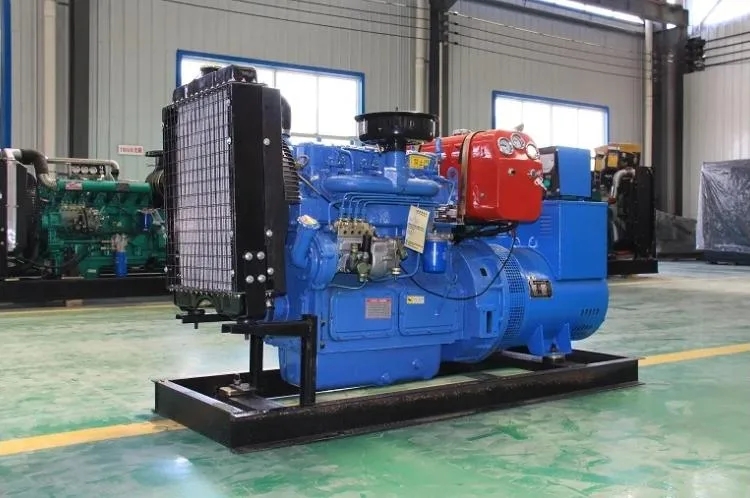The Importance of Diesel Generators for Reliability Testing

Introduction
In today's modern world, where electricity is a crucial part of our daily lives, the reliability of power sources cannot be overstated. Diesel generators play a significant role in providing backup power during emergencies or when the main power source fails. In this article, we will explore the importance of diesel generators for reliability testing, their key features, benefits, and applications in various industries.
Importance of Diesel Generators for Reliability Testing
Reliability testing is a critical process that ensures the functionality and performance of a system under different conditions. Diesel generators are commonly used in reliability testing due to their robustness, durability, and ability to provide continuous power for extended periods. These generators are designed to start quickly and run efficiently, making them ideal for testing purposes where uninterrupted power supply is essential.
Key Features of Diesel Generators
Diesel generators have several key features that make them suitable for reliability testing. Some of these features include:
1. 600kw diesel generator for emergency backup : Diesel generators are built to withstand harsh environments and heavy usage, making them reliable for long-term testing applications.
2. Fuel Efficiency: Diesel generators are known for their fuel efficiency, which is a crucial factor for prolonged testing durations.
3. Quick Start-Up: Diesel generators can start quickly and provide power in a matter of seconds, ensuring minimal downtime during testing procedures.
4. Continuous Power Supply: Diesel generators can provide continuous power for extended periods, making them ideal for reliability testing where uninterrupted power is essential.
Benefits of Using Diesel Generators for Reliability Testing

There are several benefits to using diesel generators for reliability testing, including:
1. Reliability: Diesel generators are known for their reliability and can operate continuously for extended periods without any issues, ensuring consistent power supply during testing procedures.
2. Durability: Diesel generators are built to last and can withstand heavy usage, making them suitable for long-term testing applications.
3. Cost-Effectiveness: Diesel fuel is generally more affordable than other types of fuel, making diesel generators a cost-effective option for reliability testing.
4. Low Maintenance: Diesel generators require minimal maintenance compared to other types of generators, reducing downtime and ensuring continuous power supply during testing.
Applications of Diesel Generators in Various Industries
Diesel generators find applications in various industries for reliability testing purposes. Some of the industries where diesel generators are commonly used include:
1. Telecommunications: Telecommunication networks rely on diesel generators for backup power in case of grid failures or emergencies, ensuring uninterrupted communication services.
2. Healthcare: Hospitals and medical facilities use diesel generators to provide backup power for critical equipment such as life support systems, ensuring patient safety during power outages.
3. Data Centers: Data centers require reliable backup power to prevent data loss and ensure continuous operation, making diesel generators an essential component of their infrastructure.
4. Manufacturing: Manufacturing facilities use diesel generators for reliability testing of equipment and machinery, ensuring continuous production even during power outages.
Conclusion
In conclusion, diesel generators play a crucial role in reliability testing by providing continuous and reliable power supply for testing procedures. Their robust construction, fuel efficiency, quick start-up, and durability make them ideal for long-term testing applications in various industries. By understanding the importance, key features, benefits, and applications of diesel generators for reliability testing, industries can ensure the success of their testing procedures and maintain uninterrupted operations even during power outages.
